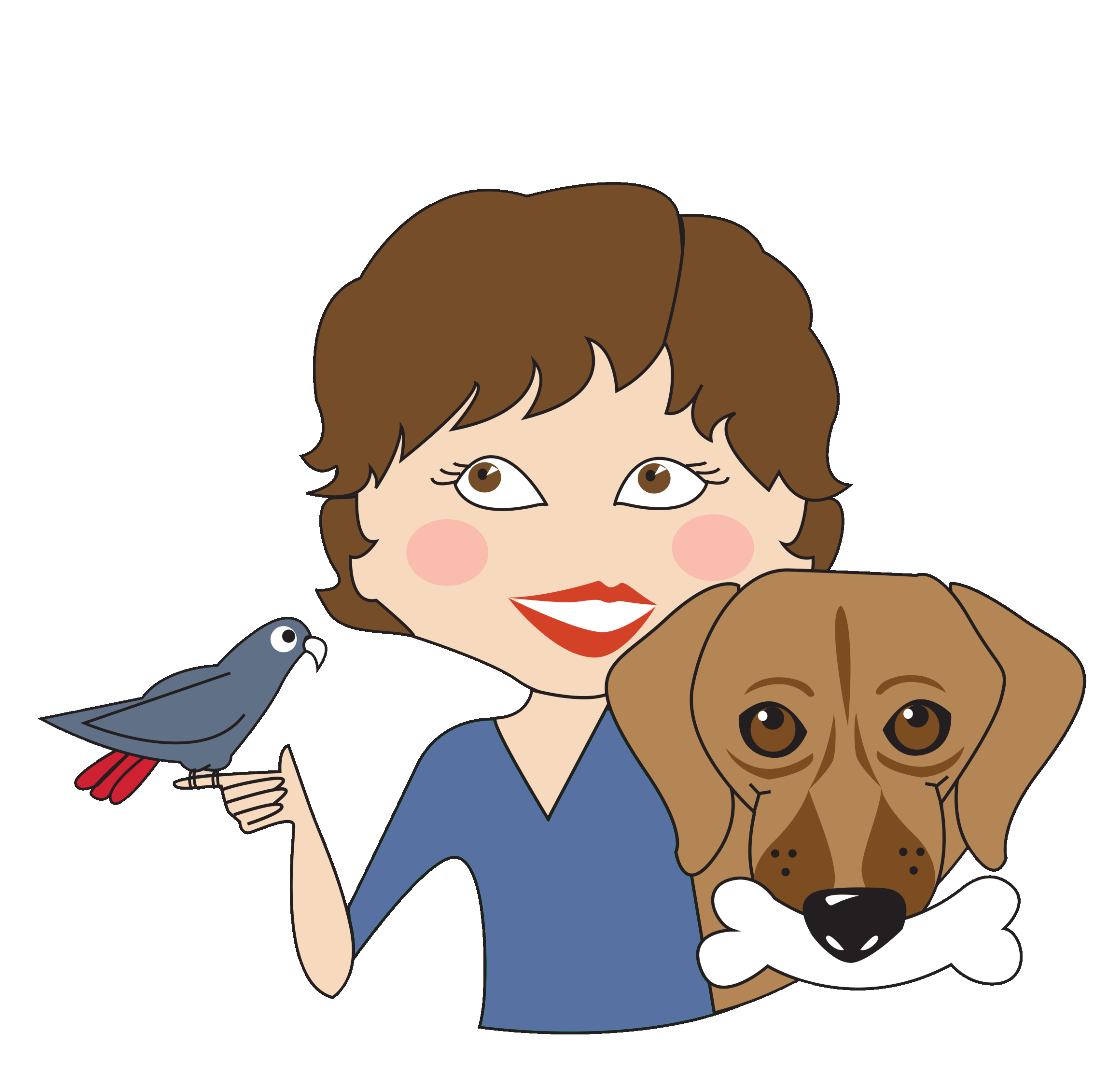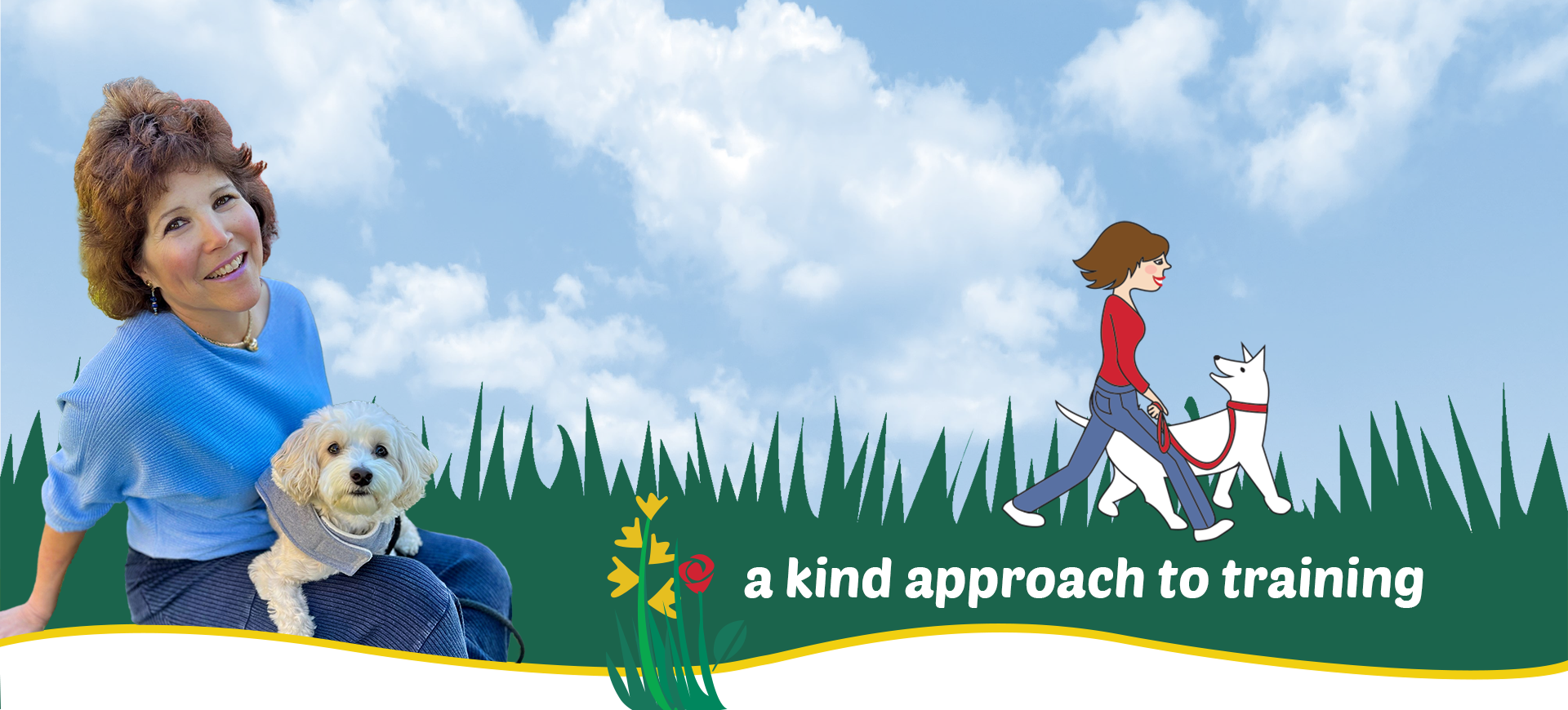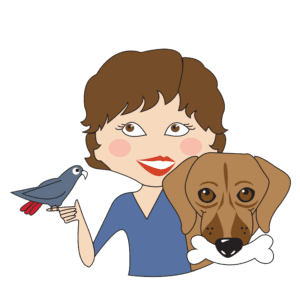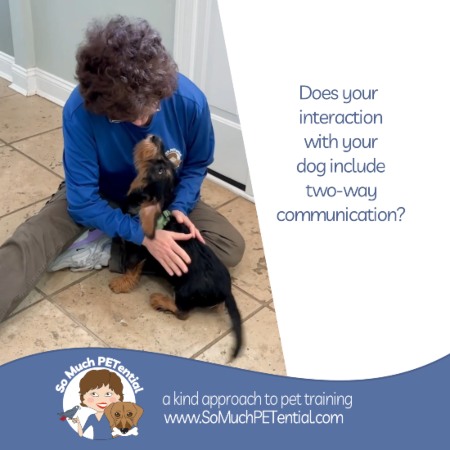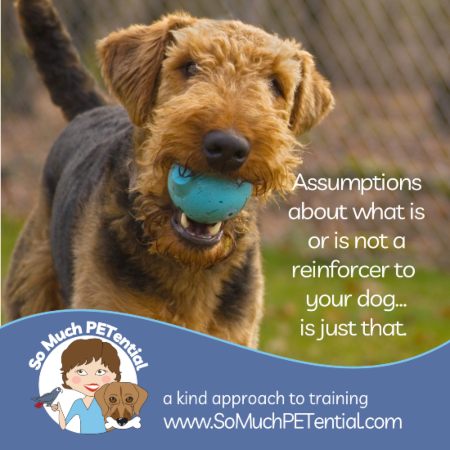I can’t tell you how many times I have heard from dog owners that they would like to have a more social dog with other dogs. They are frustrated and even embarrassed taking their dog for a walk because their dog barks at certain neighborhood dogs. Usually, the topic comes up when they tell me about their reactive dog on leash, making a generality about their dog’s leash behavior. Let’s reframe our thoughts about having a social dog who is friends with all other dogs.
 I want to be clear. This article is not about dogs with large feelings about a broad population of dogs (like large black dogs) but rather about dogs who have big feelings about certain specific dogs.
I want to be clear. This article is not about dogs with large feelings about a broad population of dogs (like large black dogs) but rather about dogs who have big feelings about certain specific dogs.
Our family dog, Sam, a wonderful hound mix whom we lost last year, is a prime example. On walks, Sam often would ignore other dogs. If not on a walk, he often would show loose body muscles and sometimes a play bow when he would see other dogs.
BUT there was this ONE standard poodle who was walked past my parents’ house throughout the week. The dogs had never met each other up close. (That would have been a terrible idea) When Sam and that dog saw each other from a distance, their hackles immediately raised, they lunged and barked with very deep tones.
For whatever reason, there was clearly bad chemistry between those two.
I have heard similar stories from others who want their dog to be ‘social’ with other dogs and it turns out there is one dog in particular to whom their dog reacts.
It could be because of any number of reasons that we just are unaware of that the two dogs pick up about each other. Maybe the dogs had a negative experience with a similar looking dog. Maybe one of the dogs had a scent that caused the other dog concern. Maybe when the dogs first saw each other, something scary happened in the environment and they have that association with each other. Maybe that dog is moving in a way that is alarming to the other dog. You may or may not ever know.
There are steps you can take to at least help your dog to feel safe in the presence of the other dog.
Learning how to be Dog Aware and understand your dog’s body language and dog stress signals is important. I have videos posted here that can help.
You can teach your dog to move away or other behaviors to de-escalate emotions. But also, if it is a particular dog, I’d tend to just keep our distance if it is possible. (If it is a dog living next door, then definitely management for safety and behavior modification should be addressed. Please seek help from a qualified, positive trainer.)
I also hear from others whose dog, while not growling/barking/lunging at another dog, just has no interested in interacting with that other dog. There are lots of dogs too that do not have good dog social skills such as they invade others’ personal space when not invited or don’t pick up on the other dog’s body language indicating a need for distance. That can lead to an escalation of emotions that ultimately can erupt into growling/barking/lunging or worse.
It is important for you as your dog’s owner and care taker to learn about dog body language and dog stress signals. Play dates and interactions with other dogs should be actively supervised and managed.
I thought I’d end on this note. If your dog does not want to be friends with every dog out there, know it is okay. I don’t want to be friends with every person out there for a whole variety of reasons. In my previous career, there were people who I avoided working or doing business with. The older I get the more I am aware of choosing to spend my time with those who will have a positive impact on my life, and who I can positively impact.
Focus on giving your dog those opportunities for interactions and activities that positively impact his/her life, and support your dog when he/she tells you this one interaction is not good for him.
